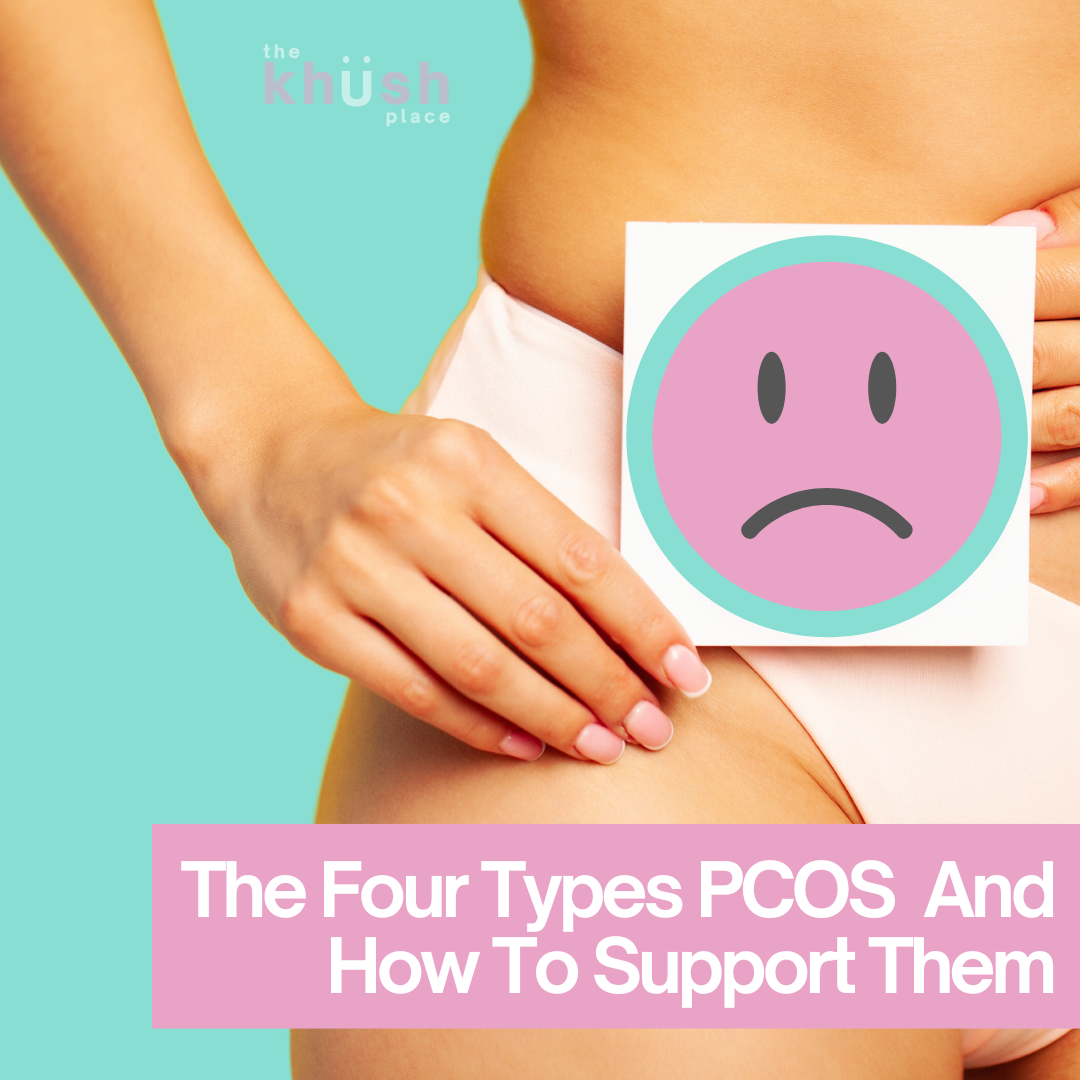Polycystic Ovary Syndrome (PCOS) affects millions of women worldwide and is a complex hormonal disorder that can lead to various health challenges.
There are four distinct types of PCOS, each with its unique characteristics and symptoms. In this comprehensive article, we will explore each type in detail and provide expert advice on how to effectively support and manage them. From lifestyle adjustments to medical treatments, we'll cover everything you need to know to lead a healthier and happier life with PCOS.
Understanding PCOS
PCOS is a hormonal disorder that affects the ovaries, causing them to produce excessive androgens (male hormones).
This hormonal imbalance can result in irregular menstrual cycles, ovarian cysts, and a range of symptoms, including acne, weight gain, and infertility.
While the exact cause of PCOS is not fully understood, genetics and insulin resistance are believed to play significant roles.
The Four Types of PCOS
Insulin-Resistant PCOS
In this type, the body's cells become less responsive to insulin, leading to elevated insulin levels in the bloodstream.
The excess insulin triggers the ovaries to produce more androgens, disrupting the menstrual cycle and causing various symptoms.
Tips to Support Insulin-Resistant PCOS:
- Adopt a low-glycemic diet to stabilize blood sugar levels.
- Engage in regular physical activity to improve insulin sensitivity.
- Consider medications to manage insulin resistance, as prescribed by your healthcare provider.
Inflammatory PCOS
Tips to Support Inflammatory PCOS:
- Incorporate anti-inflammatory foods into your diet, such as turmeric and fatty fish.
- Practice stress-reducing techniques, like yoga and meditation, to alleviate inflammation.
- Consult with a healthcare professional about using anti-inflammatory supplements.
Hidden-cause PCOS
Tips to Support Hidden-cause PCOS:
- Undergo comprehensive medical testing to identify any underlying health issues.
- Review medications with your healthcare provider to assess potential side effects.
- Follow a healthy lifestyle to manage symptoms and improve overall well-being.
Adrenal PCOS
Tips to Support Adrenal PCOS:
Strategies for Managing PCOS
Healthy Diet for PCOS
- Consume a variety of fruits, vegetables, whole grains, and lean proteins.
- Limit processed foods, sugary beverages, and excessive caffeine intake.
- Incorporate foods rich in antioxidants and anti-inflammatory properties.
Regular Exercise Routine
- Aim for at least 150 minutes of moderate-intensity exercise per week.
- Choose activities you enjoy, such as dancing, swimming, or brisk walking.
Stress Management Techniques
- Practice mindfulness meditation or deep breathing exercises.
- Engage in hobbies or activities that bring you joy and relaxation.
Medical Treatments for PCOS
- Contraceptives can regulate menstrual cycles and reduce androgen levels.
- Anti-androgen medications can help manage symptoms like acne and excessive hair growth.
- Fertility treatments may be necessary for women trying to conceive.
Supplements for PCOS Support
- Inositol supplements, like Balance Me, can help improve insulin sensitivity.
- Omega-3 fatty acids may reduce inflammation and support overall health.
Regular Medical Check-ups
- Discuss any changes in symptoms or concerns with your doctor promptly.
- Keep track of your menstrual cycles and any changes in your body.
FAQs
Related Topics:
1. Menstrual Health and Well-being: Learn more about menstrual health, menstrual disorders, and self-care practices to maintain a healthy menstrual cycle.
2. Menstrual Discs vs. Cups: Choosing the Right Sustainable Menstrual Product for You
Conclusion
Understanding the four types of PCOS and how to support them is crucial for effectively managing this complex condition. By making lifestyle changes, incorporating stress-reduction techniques, and seeking appropriate medical treatments, women with PCOS can lead fulfilling lives with improved well-being.
Remember to consult with healthcare professionals to develop a personalized plan that addresses your unique needs.
Empower yourself with knowledge and take proactive steps to manage PCOS successfully.





